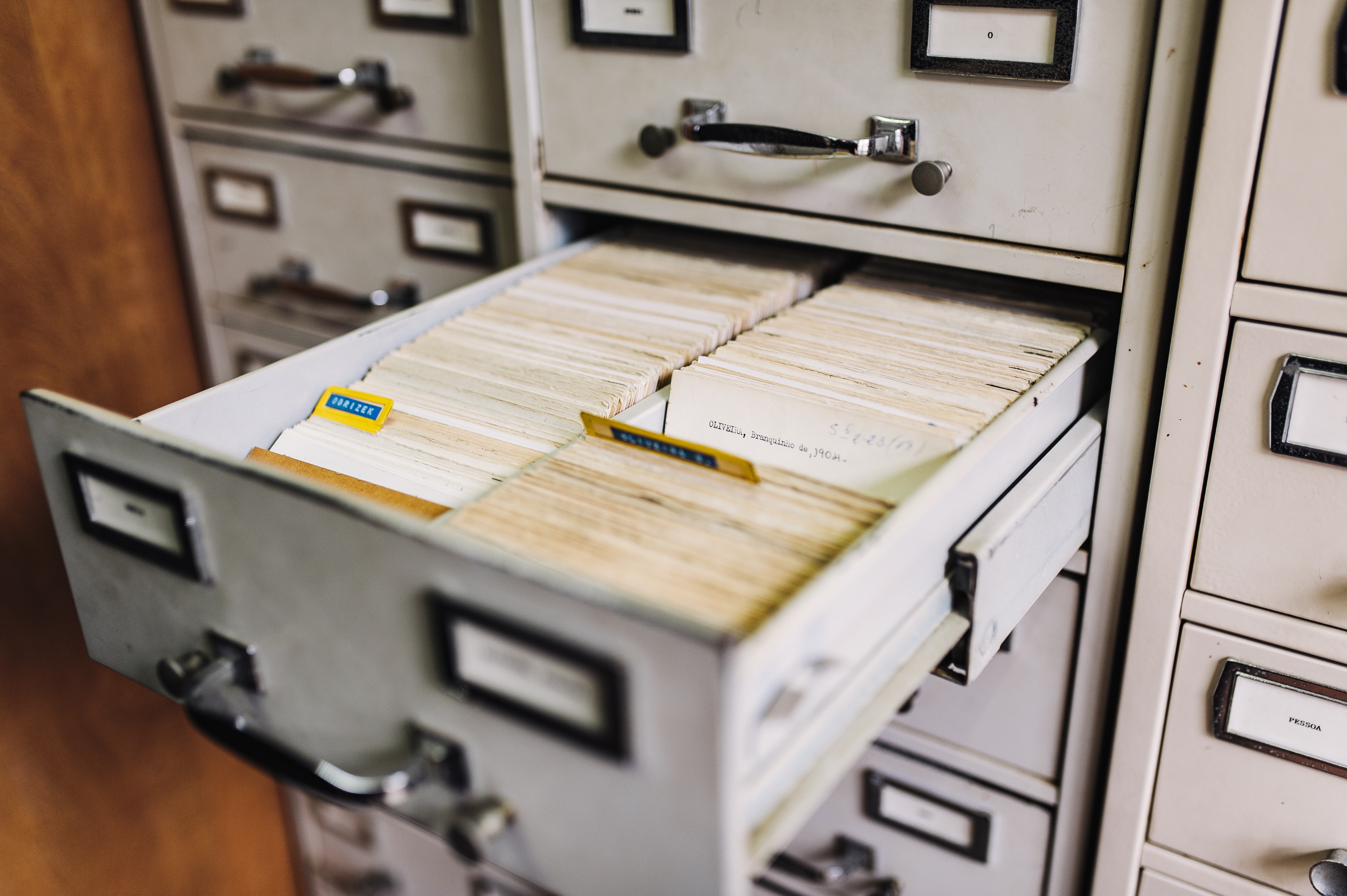What is information archiving?
Information archiving is a process of storing data in large storage systems after it is identified as inactive. Information archiving software aids in archiving user content like SMS, instant messaging, and public and business social media data. Archived data can be brought back to service at any point in time. Businesses often use enterprise information archiving (EIA) software to implement the information archiving process.
Types of information archiving
Depending on what the archiving is being used for or the industry a company is in, one of the following types of information archiving will be utilized:
- Compliance archives: This type of information archiving is used to meet regulatory requirements. The compliance information archiving solutions can store a variety of data in large amounts. This type of information archiving ensures compliance and security while archiving the data.
- Analytics archives: Analytics archives store data consisting of insights about the products and customers. This helps in enhancing business practices like strategy planning and building campaigns.
Benefits of using information archiving
Information archiving can help organizations in many different ways. A few of them are mentioned below:
- Cost savings: Archived data can be stored on affordable devices, given the devices are protected from failure. When data is moved from the primary storage, it helps in saving energy and data center costs.
- Data compression: The data that is no longer in use is compressed. This saves up to 50% of consumption on storage. This ultimately results in annual savings on the storage of data.
- Regulatory compliance: Archived data can be kept for a predetermined amount of time with the help of policies. This helps in gaining access to data whenever required.
- Performance improvement: After moving the data that is no longer in use or cold data to archives, it leaves the organization with fewer records to process, thus aiding faster processing time, reduced disk space, and speedier advantage lookups.
- Data lifecycle management: Data management becomes tedious as data volumes increase. Archiving the unused data makes managing the rest of it easier.
- Enhanced productivity: Since access to the archived data is easier and faster; it saves time for the employees to focus on other important tasks.
Information archiving best practices
Information archiving or data archiving is an integral part of the data lifecycle. To make archiving work, users should follow these best practices:
- Make multiple copies: It is essential to have more than one backup of the information archives. Having copies stored on the cloud and additional remote servers is advisable.
- Select the right provider: Choose the right cloud and also data retention provider. Having a trustworthy data retention provider can help organizations avoid unrecoverable data loss.
- Check data integrity: It is advisable to keep a check of the integrity of data archived. Because the data is no longer in use, it can get corrupted and exist in the same condition for months without regular checks.
- Choose the right archiving tool: There are various archiving tools available in the market. Some solutions offer data archiving, while others offer end-to-end data solutions with built-in data archiving capabilities.
- Develop an information archiving policy: After fulfilling the requirements for archiving strategy, it is necessary to make an archiving policy detailing the processes and procedures involved.
Information archiving vs. database backup
Archiving is usually used as data backup by many organizations. However, both these terms differ. Database backup is the copying of physical or virtual files to a secondary location. Information archiving is usually for reducing primary storage consumption and related costs. Data that is not in use but not obsolete can be taken off the primary storage space. Data backup, on the other hand, is used to store data in offsite storages for easy access in case the original data is at risk.
Information archiving is generally used to access individual data objects like emails and messages, along with metadata. On the other hand, data backup is used for large-scale data discoveries. Backup data is written to deduplication appliances for faster access to vast volumes of data.

Shalaka Joshi
Shalaka is a Senior Research Analyst at G2, with a focus on data and design. Prior to joining G2, she has worked as a merchandiser in the apparel industry and also had a stint as a content writer. She loves reading and writing in her leisure.





